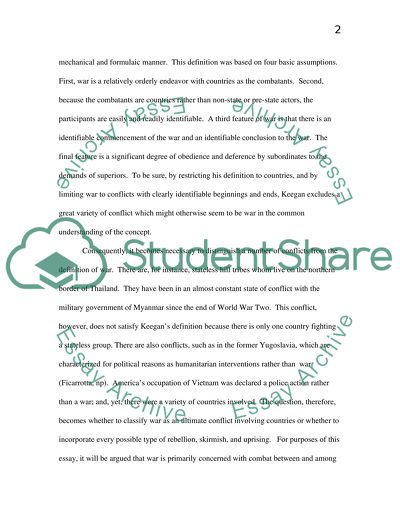Cite this document
(“Theory of War Essay Example | Topics and Well Written Essays - 1750 words”, n.d.)
Retrieved from https://studentshare.org/sociology/1511801-theory-of-war
Retrieved from https://studentshare.org/sociology/1511801-theory-of-war
(Theory of War Essay Example | Topics and Well Written Essays - 1750 Words)
https://studentshare.org/sociology/1511801-theory-of-war.
https://studentshare.org/sociology/1511801-theory-of-war.
“Theory of War Essay Example | Topics and Well Written Essays - 1750 Words”, n.d. https://studentshare.org/sociology/1511801-theory-of-war.


